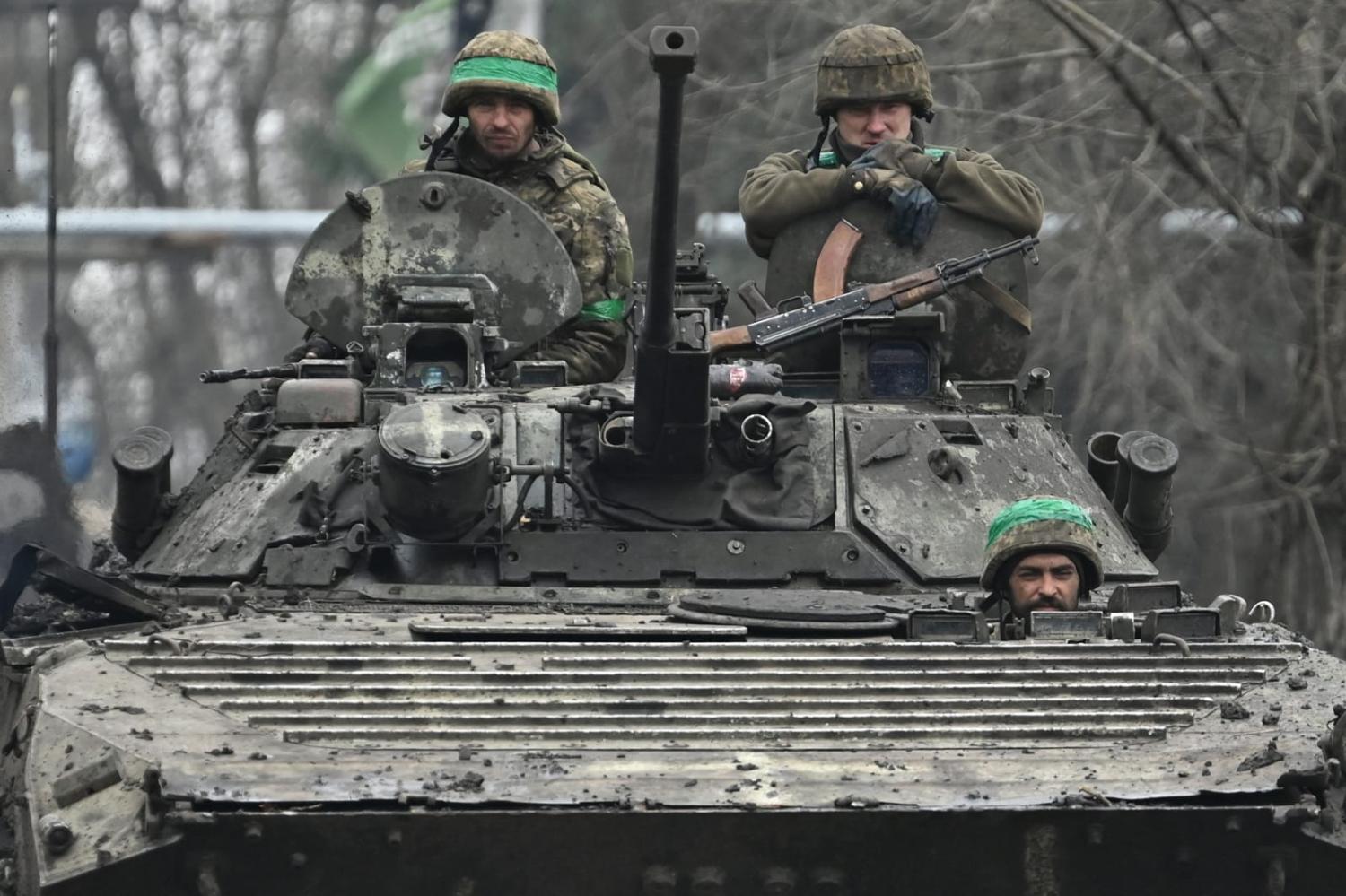India might be accused of playing both sides but also has the
special relationships to lead a push towards a settlement.

India has grown a reputation as a “global swing state”, an old term that has taken on a new resonance in the context of New Delhi’s response to the Russian invasion of Ukraine.
India has abstained from most – if not all – important UN General Assembly and Security Council resolutions seeking to condemn Russian aggression. Foreign Minister Subrahmanyam Jaishankar has dismissed questions by arguing India does not have a choice but to depend on Russian weapons, as the West (mainly the United States) has consistently supplied weaponry to the “military dictatorship next to us” (read Pakistan). India’s imports of Russian oil have also surged to record highs, just as European countries have sought to turn off the tap on the Kremlin.
At the same time, India has sought ever greater cooperation with its Quadrilateral Security Dialogue (Quad) partners, the United States, Japan, and Australia, in the name of a “free and open Indo-Pacific”, focused mostly on China. While the other three Quad members have unequivocally condemned Russia’s unprovoked attack on Ukraine in the name of the same freedoms that the Quad claims as a vision, India has consistently stood apart.
India’s approach has led to frustration and concern about a misalignment between the partners. However, India’s relationships, spanning both sides as it were, also present an opportunity.
India has emphasised that “dialogue and diplomacy” is needed to end the conflict and flagged a readiness to play a constructive role. Prime Minister Narendra Modi has a chance to engage in personal diplomacy with Russian leader Vladimir Putin in a fashion Western leaders could not. So the other Quad members should aim to nudge India to lead a push to seek peace.
It is crucial to understand the motivations for India’s seeming “swing” between the Quad and Russia.
With the Quad, a more apt description of India’s strategic behaviour is “bandwagoning”, in the conventional sense of seeking to benefit from its partnership to counter China’s influence in the Indo-Pacific. India feels more exposed to direct and indirect aggression on both the Chinese and Pakistani sides of its borders. Moreover, unlike Japan and Australia, India does not have a formal security alliance with the United States.
So as Chinese aggression towards India has dramatically increased in recent years – notably the 2020–21 standoff between Chinese and Indian troops in the Galwan region, but also with earlier examples of Beijing’s revisionist ambitions in the region – India sees the Quad as an opportunity to secure itself against China by partnering with the United States to gain military and technological prowess.
At the same time, China has maintained an “all-weather” friendship with Pakistan, India’s “military dictatorship next door”. As a part of its flagship Belt and Road Initiative, China invested in the China-Pakistan Economic Corridor (CPEC), which India claims violates its sovereignty as the project passes through Pakistan-occupied Kashmir. China has also steadily increased its influence elsewhere in the region, with greater cooperation with Nepal, Sri Lanka and Bangladesh. China also holds a veto power in the UN Security Council, which it can wield in support of favoured interests.
India’s relationship with Russia, by contrast, must be understood on its own terms. India has long depended on Russian and Soviet-era weapons, with defence partnerships including fighter jets and missile defence systems. Much of this is now aimed at keeping India competitive with Chinese military technology. Condemning Russia’s war in Ukraine, as the Quad partners have done, would only cost India what leverage it has with the Kremlin and inevitably push Russia to further collaborate with China against India. New Delhi understands this.
India’s tricky position is to develop alternatives without antagonising Russia. The Quad members have been careful not to push India beyond this precarious situation and must cooperate with it accordingly. Condemnation has clearly not deterred Russia from the path of war. Therefore, the other Quad members should have the chance to engage with India to employ diplomacy in an effort to end the conflict.
